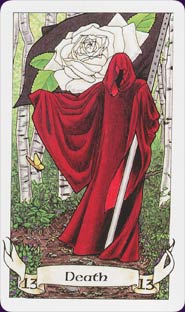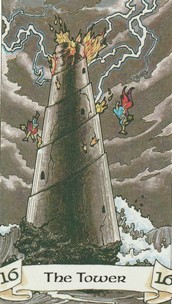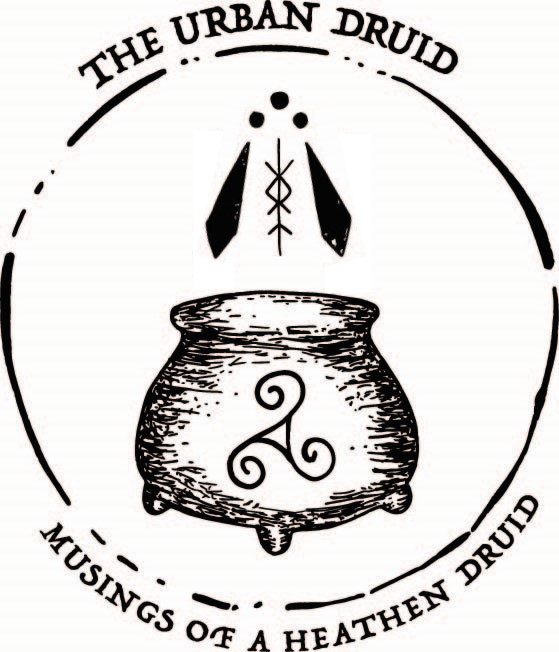The comfort zone is that way of being we all tend to either get stuck in or some place we retreat to when things are tough. It’s a state where we know what to expect from our personal comfort zones because of familiarity with how things work in them. Comfort zones can lead to stagnation or staying in a bad situation longer than you really need to be in it (and since when does anyone need to be in a bad situation).
In general, I’ve noticed in relationships or situations when I’ve talked with people, many have said the same thing in different ways—”I stayed with the person despite being treated like crap because I knew what to expect. If they said this, I’d say this particular response to which they’d then respond with this…” and so on.
A comfort zone can become like an old familiar dance that we know the steps of and when in doubt can always pull from storage.
It can be the same thing but in a job as well. We know what to expect from our abusive boss or crappy working conditions (stress, pressure to perform, whatever), so instead of looking for a new job, we stay. “Better the devil you know than the devil you don’t.”
One important thing to understand about comfort zones is that they aren’t bad. They do serve a purpose in one’s life. They are where we can retreat to if we get overwhelmed. Think about when in your life the stress came down upon your shoulders and just wanted something to soothe you and to calm you down. Anything from “comfort” foods (even if they aren’t good for you) to curling up with a book or movie you’ve read or seen repeatedly to hooking back up with an ex because you know amazing the sex will be. Comfort zones can serve a positive purpose.
The problem arises when you get stuck in a comfort zone. Life becomes something where you aren’t trying to grow because you’re afraid to leave what feels safe and secure. Sure, staying with your significant other is causing you to hate yourself and killing your self-esteem, but you know what to expect from them whereas you don’t know what to expect if you were to break up with them and try to date someone else.
Sure, staying at that job that makes you feel like you’re walking on eggshells because times are tough on the job and if you were to get another job, who knows if it’ll be worse there—at least you know what to say and who not to piss off or whose ass to kiss to smooth things out. Sure, only playing below your soft limits means you’ll feel good afterwards, but if you aren’t with someone who you can trust enough to help you explore outside of what you feel safe in then how much do you trust them?
In the Tarot, there’s two cards (out of a few) that people tend to be nervous about: Death and the Tower. (The two linked cards below are from the Robin Wood Tarot deck—my personal favorite deck.)

Death from the Robin Wood Tarot Deck
The Death card isn’t about “you will die in seventeen days after watching a cursed videotape!” The Death card is about change—usually on the card, you’ll notice signs of life. One way to look at it is that change comes for everyone. And usually with change comes new life. The change is usually not so bad, but it’ll bring something different and potentially better. It’s much like how Death in the link above is standing on a path that continues straight behind him, but he points to the path that branches off to the left of the image. The butterfly means changing from one way of being (the caterpillar) to another (the butterfly).

The Tower from the Robin Wood Tarot Deck
On the other hand, the Tower card is when life says “You need to change or else.” It’s when you’ve stayed in the comfort zone for too long. Life’s been trying to encourage you to grow and change, but you’ve become attached to what is familiar. Because of your familiarity and attachment to your comfortable situation, life has to violently shake things up because you haven’t taken all the gentle hints to break out of your comfort zone. Life comes crashing down around your head and forces you to flee from the tower into a vicious thunderstorm. You can also view it as someone knowing that a hurricane was coming to their area, and they choose to ignore the warnings of just how bad it can be, but then they get forced to flee when the waters flood their house.
There’s also a difference between something leaving behind a comfort zone and something that can be worked through. In a relationship, problems can either be accepted and you stay with that situation because it is so familar and comforting despite how bad it is, or you can tryand work to improve things and the way they are. If growth is possible, then change can happen and help the relationship flourish. If growth isn’t possible but you stay with it anyway, then it becomes a stagnant situation—the Tower card might find its way to appear in your life and force a change.
Without change and growth of some sort, we fade away. We lose who we are and who we were meant to become.
And again, comfort does serve a purpose for when things get bad, it’s a place we can retreat to so we can catch our breath, regain our bearings, and gather our courage to face the challenges in our life again.
Just remember: If you feel like you’re stuck in a rut, chances are you’ve started to realize you’re in a comfort zone that isn’t helping you at all. If you have that feeling and you don’t try to break out of it, eventually change very possibly will be forced upon you. Better to prepare for change when you’re ready and can prepare for it (the Death card) than wait until you are thrust out into a violent thunderstorm without shelter (the Tower card).

